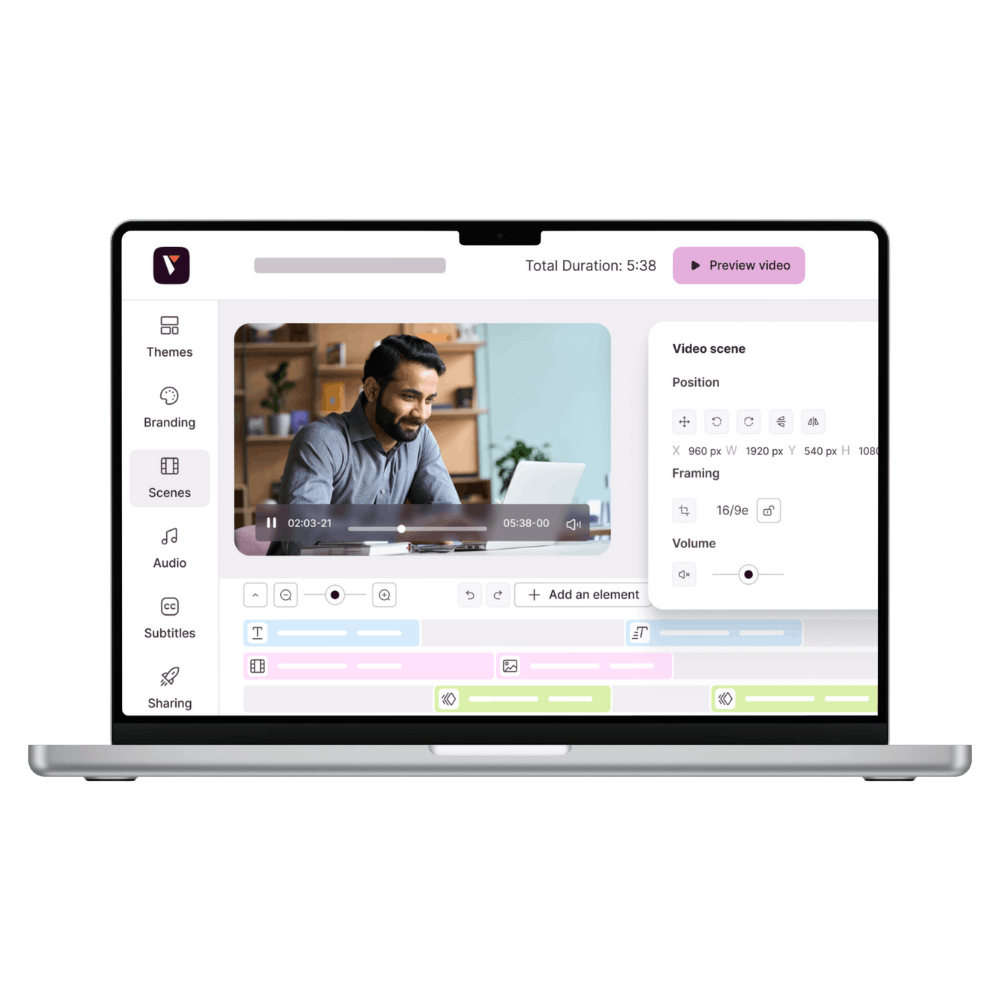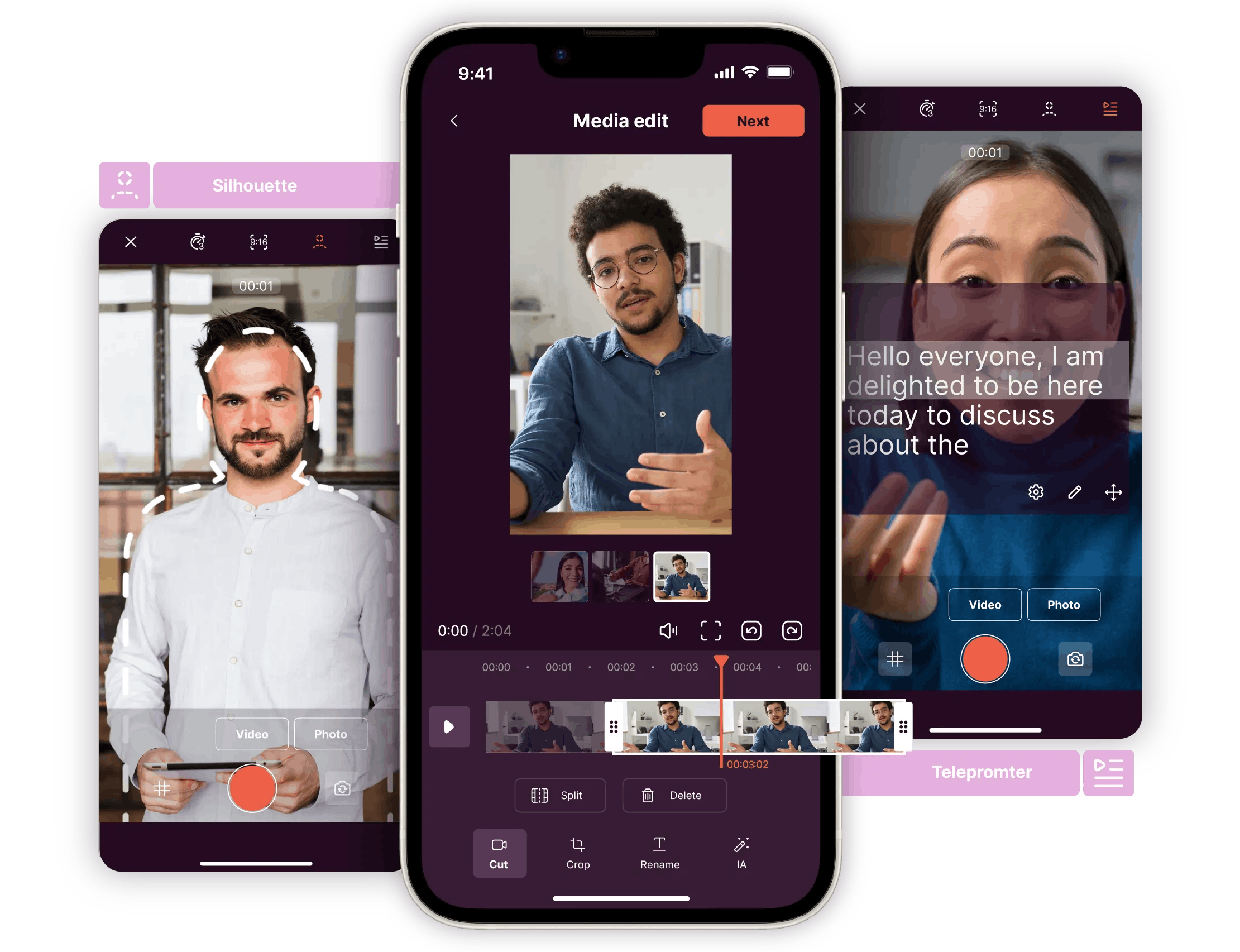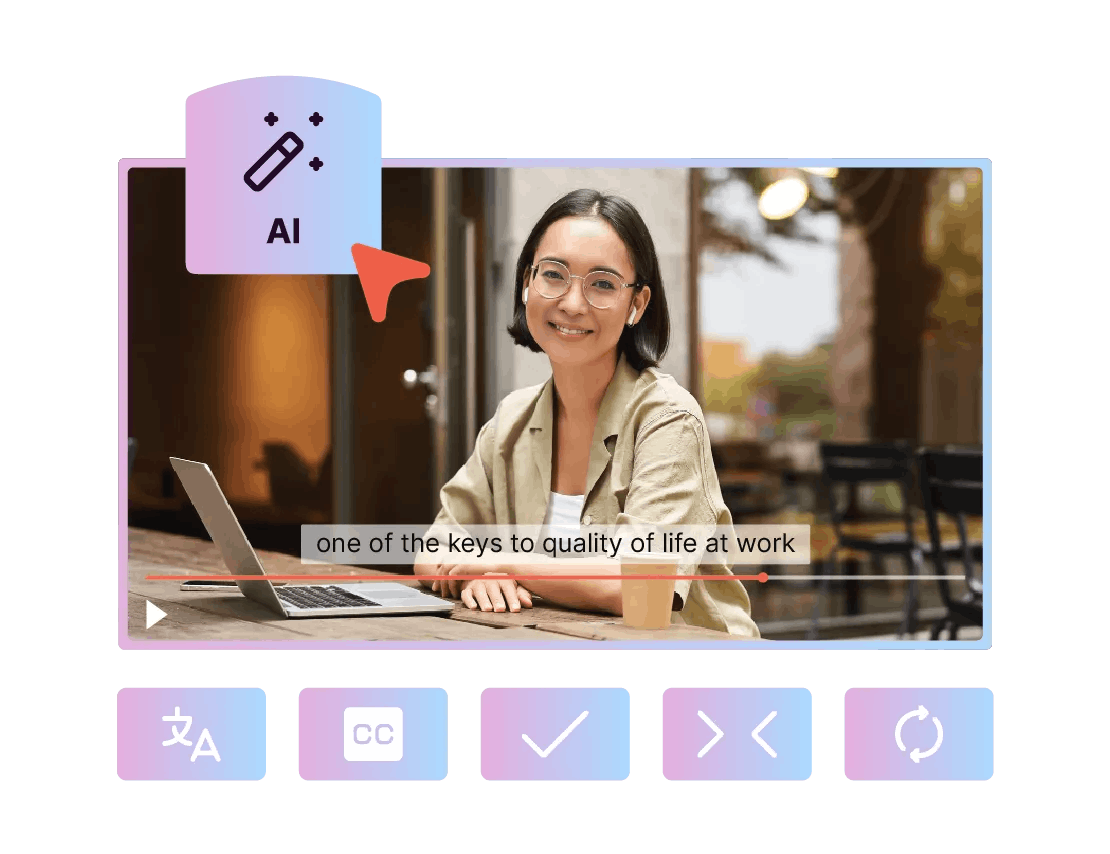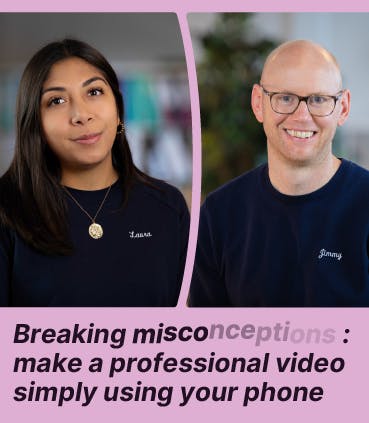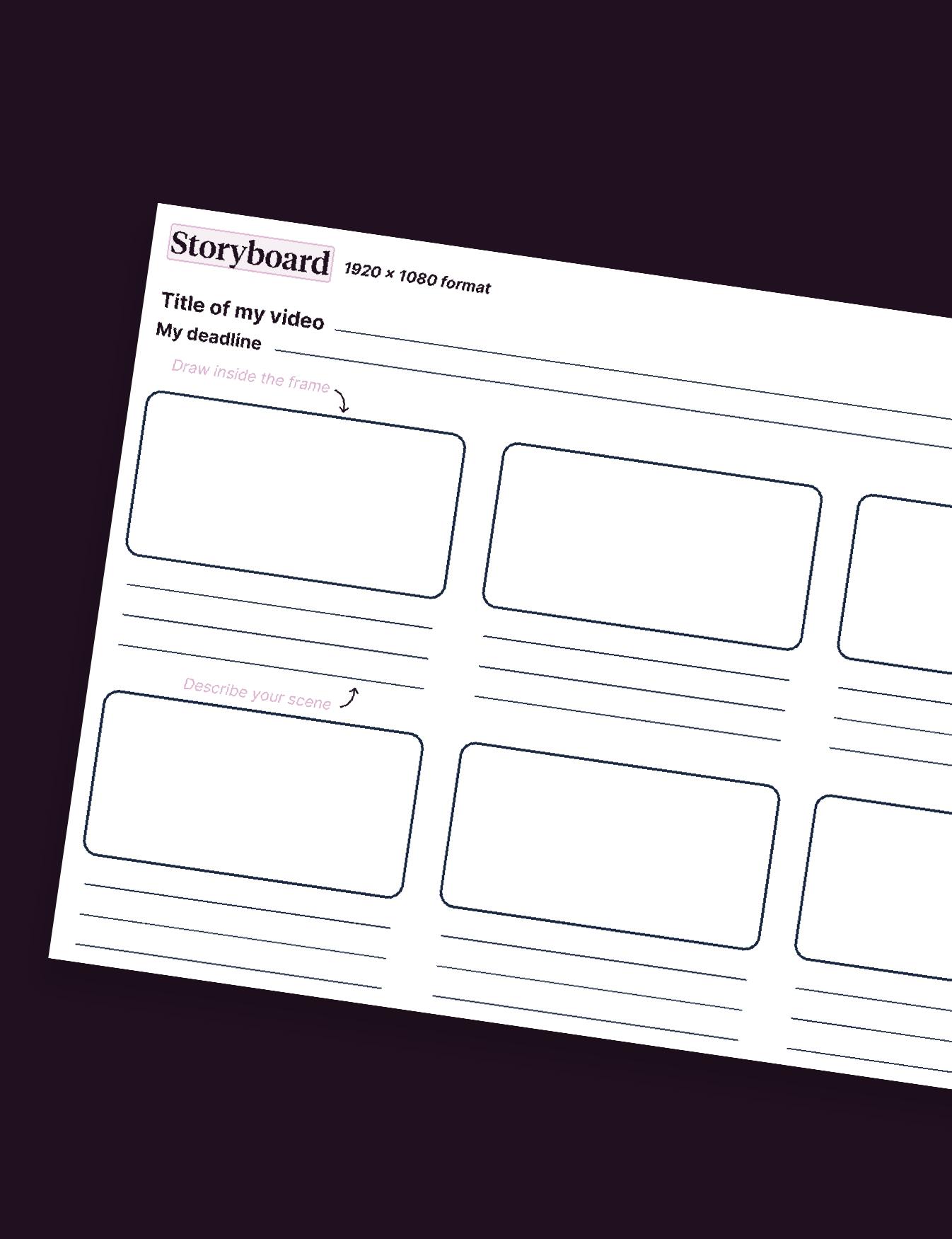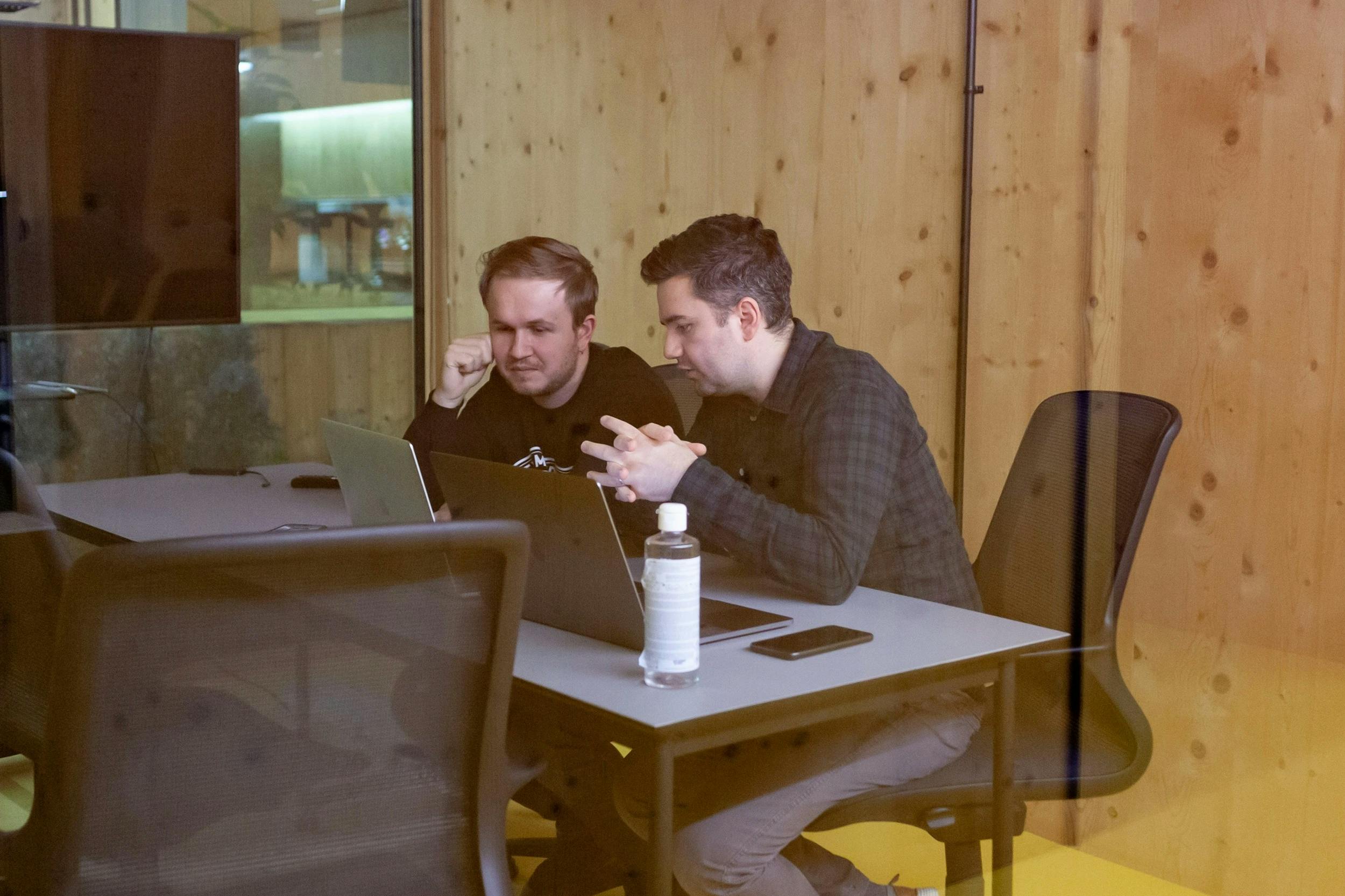Top 5 Challenges of Employee Training and Development

According to a 2018 international survey by Cegos, 89% of corporate employees believe that technological developments are changing the nature of their jobs. And 73% of HR managers in France have begun to reflect on the impact of technological developments on jobs and skills.In their view, a lack of skills is a new major risk for companies. It can hamper a company’s ability to transform or grow. This risk has become one of the main challenges for corporate training in 2019. Below is a list of 5 issues that need to be addressed in order to be better prepared.
Engaging all employees in the business digitalisation process
Digital transformation is one of the responses to the challenge of increasing corporate competitiveness. So all businesses are incorporating digitalisation and data exploitation into their operations. This involves learning new work methods and implementing new processes and IT tools.
To sustain this technological development, HR departments need to invest in new ways of training employees. The responses to this challenge vary from company to company: Samsung has created its own technology campus, while other companies have decided to design their own training programmes through LMSs (Learning Management Systems). Meanwhile, the US telecommunications giant AT&T has invested one billion dollars in a strategic plan called Workforce 2020 to upgrade its employees’ skills, in addition to redesigning its workspaces. It has informed its 10,000 employees that their jobs will no longer exist in 10 years.
All of these methods confirm the prospective study conducted by IBM in 2014 (Training building skills for a smarter planet), according to which 65% of the jobs that will be held by Generation Z employees still don’t exist!
Creating a more adaptable workforce that is capable of learning to learn
Technical skills are becoming increasingly obsolete in 2019. With automation and the development of artificial intelligence, hard skills are taking a back seat to emotional and interpersonal skills when it comes to recruiting talent. According to the 2018 edition of the Cegos international survey, the two key skills for the future will be agility and learning to learn.
In 2019, these two soft skills are indispensable. The consulting firm McKinsey also presented the results of a report called “The Future of workplace” which confirms this trend. According to this report: “[Businesses will] need even more conceptual and interpersonal skills to understand technology and use it for the benefit of all.”
This need for agility is also due to changing work environments and methods that require a great deal of mental agility and an ability to adapt and understand complex situations. Encouraging mobility and skills upgrading through training In-company training needs to anticipate company changes to provide appropriate training tools in response. Upgrading employee skills and retaining talent through career plans are two major challenges in 2019. In this context, the three-year mandatory negotiations in France for GPEC (strategic workforce planning) plans should give employees a clear picture of the company’s challenges and objectives to give them a better sense of their potential development (training, job development, mobility, etc.) and, above all, enhance their skills in line with changes in their areas. So training is essential both for retaining talent and as an operational tool for internal mobility.
Improving the employee experience
As with the customer experience, businesses are starting to focus on the employee experience to go beyond the marketing aspects of the employer brand and take on major challenges related to quality of life at work, for example. The employee experience is defined as all the interactions experienced by employees in the company, from their recruitment to their departure. So it involves working conditions, management, onboarding, training, quality of information, mobility, assessment and offboarding, among other things.
In 2017, only 17% of employees felt satisfied with their work experience according to an Accenture-Talenso study. In a context of full employment in the executive job market, there is a great deal of competition among companies when it comes to drawing, retaining and engaging talent. The employee experience is a priority for 71% of HR professionals according to a 2018 study conducted by Parlons RH. To adapt to this change, employee experience management posts began to emerge in 2018.
This is the death knell of the “Chief Happiness Officer”, or at least an announcement of a major change in approaches in response to new HR challenges. Will 2019 be the year of the employee experience manager?
Implementing engagement drivers for millennials
Millennials will represent half of the economically active population in 2020. So this new generation of employees will gradually impose its own standards. This means that, among other things, the drivers of engagement within a company have changed.
For example, doing a meaningful job or working for a company with an active CSR policy is now more important than being on a permanent contract. The refusal to perform tasks in a standardised way and an increased interest in carrying out “projects” rather than long-term assignments are other aspects that will prevail in new workforces.
Resources
